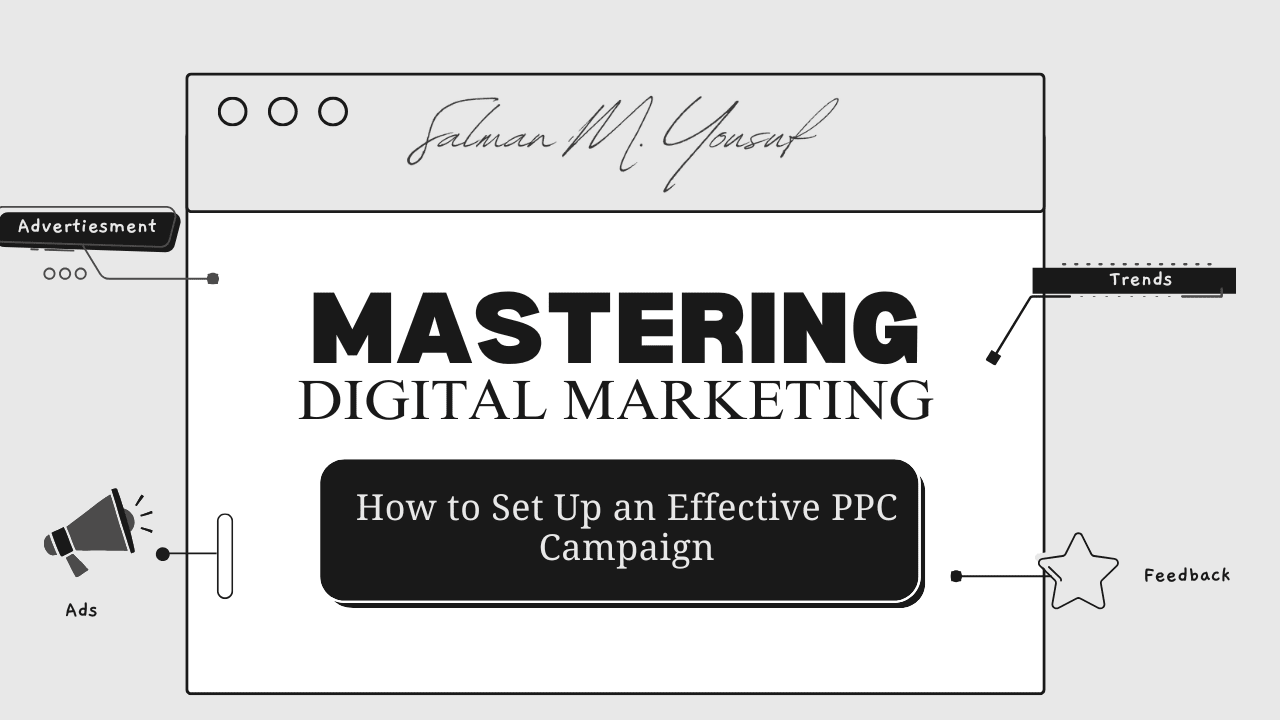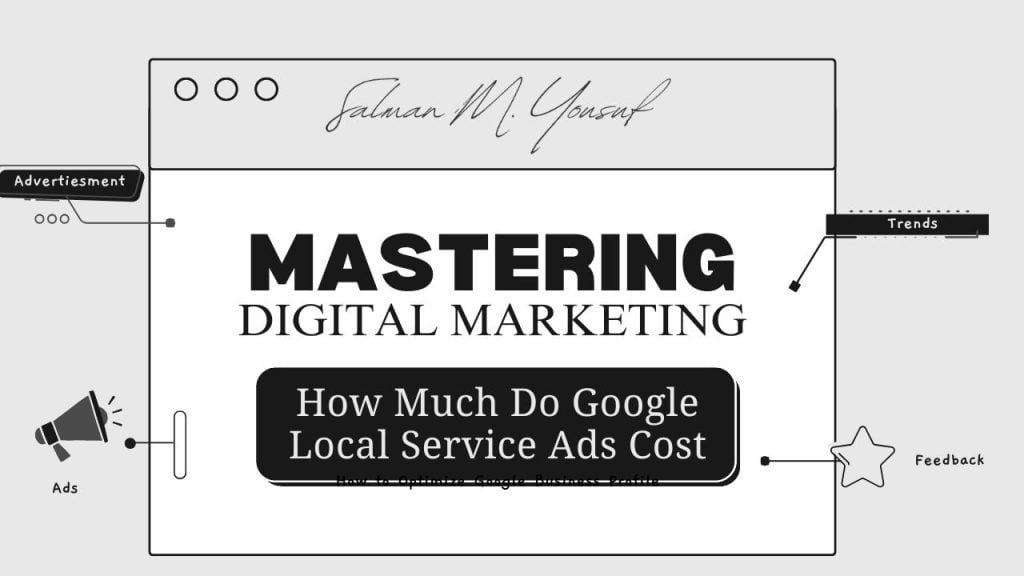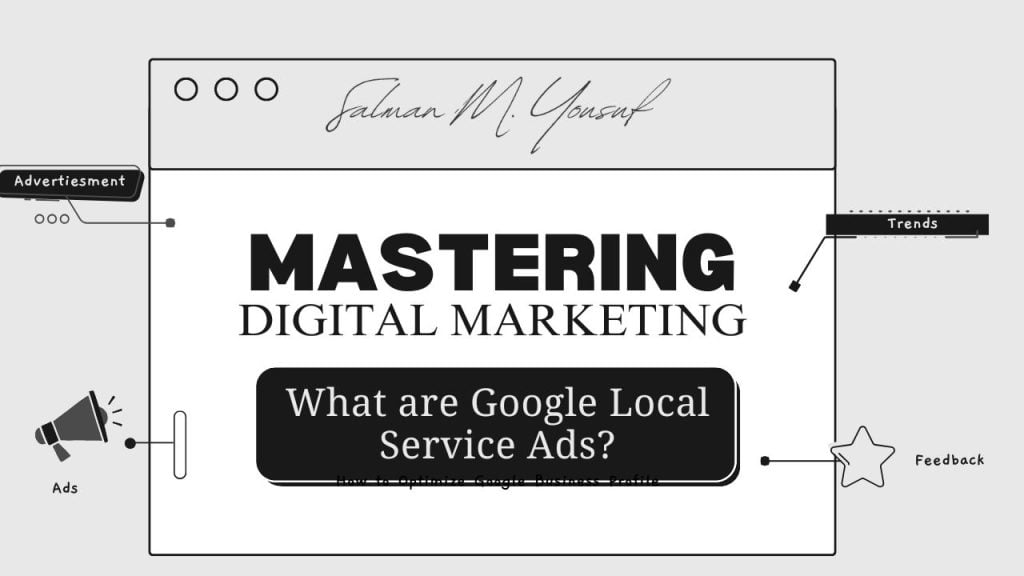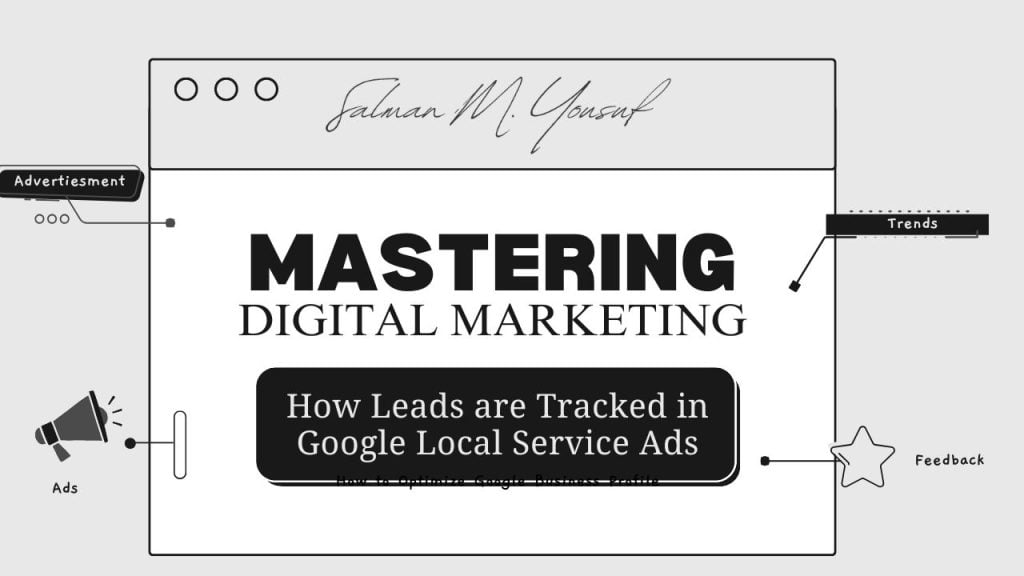What is Pay-per-Click?
Pay-per-click, or PPC, is simple. You place an ad online, and you pay only when someone clicks it. Most people picture Google search ads, but PPC goes way beyond that. It can be the short video that plays before a YouTube clip, or the sponsored post you scroll past on Instagram or Facebook. Wherever it appears, the goal is the same — bring people straight to your site.
7 Fool-proof Steps to Launch Paid Ads That Work
Starting with paid ads can be a bit much. There are a lot of options, a lot of competition, and it’s easy to waste money if you’re not sure what you’re doing. The good news? Once you’ve got a clear plan, it’s just about putting the right message in front of the right people.
1. Set a Clear Goal Before You Start
You can’t run ads without knowing what you’re aiming for. Maybe you want more people buying from your site. Maybe you just need to get your name in front of the right crowd. Pick one thing and make it specific. “Get more sales” is fine, but “Get 50 more sales in 30 days” is better. When you set up PPC campaign with a clear target, you know exactly what to measure and when to tweak things.
Expert Tip:
One of my clients wanted more bookings for their bakery’s custom cakes. We set a goal of 20 new orders in a month. The ads hit 27, and we knew exactly which ones brought them in — all because we set a clear number before spending a cent.
2. Get the Basics in Place
PPC only works if the groundwork is solid. That means your audience targeting, keywords, and ad copy all need to line up. Skip this part and nothing else matters. This is the first step in optimizing PPC ads for success.
Keep Adjusting as You Go
The first version of your ad probably won’t be the best. Try different headlines, images, and offers until something clicks. Even small tweaks can lift results.
Watch What the Data Tells You
Check your stats often. If an ad is costing more than it’s bringing in, shut it down. Put that budget toward the ads that are actually working. It’s one of the simplest ways to PPC success.
Learn From Every Campaign
Every ad you run teaches you something — even the ones that flop. Over time, you’ll spot patterns in what your audience responds to. Use that knowledge to keep getting better and spending smarter.
3. Choose Your Match Type
Google uses keyword match types to determine how aggressively or restrictively to match user search queries with your advertisement.
Primary Categories of Keyword Matches:
- The most popular match type is the default, broad match. Your ad will appear with this match type if there is any connection between your keyword and the user’s search query.
- You should exercise caution when using broad match types, even though they are excellent for obtaining a large number of clicks. To ensure that you are not paying for irrelevant traffic, you should monitor the search query reports. Use broad match if the goal of your PPC campaign is to increase the volume of traffic to your landing page.
- Phrase match is a compromise between exact match and broad match, providing a greater degree of control while retaining some of the flexibility of broad match. Even if there are words before or after the keyword phrase, your ad will show up if the user’s search query contains it.
- Of all the keyword match types, exact match is the most restrictive and specific. Your sponsored search ad will only show up with this match type if the user’s search query precisely matches your keyword phrase.
4. Create Your Ads
You are prepared to start making your paid search advertisements after you have decided on your objectives, keywords, and the match types for them. When writing your ad, bear the following points in mind.
PPC search ads have four primary elements:
- Headline 1 allows for up to 30 characters.
- Headline 2 allows for up to 30 characters.
- Display URL
- Description allows for up to 80 characters.
PPC social ads have three main elements across all ad types:
- Headline
- Description (optional).
- Primary text (You can add multiple text options and the platform will show one of them to each person, based on what they’re most likely to respond to).
To make the most of the limited ad space, make sure your copy does the following:
- Speaks directly to your target audience.
- Includes an appealing offer.
- Uses the main keyword that you’re bidding on.
- Provide an actionable CTA so the searcher knows what to do next.
- Use language that aligns with your landing page copy.
5. Focus on the Language of Your PPC Copy
Your text ad copy needs to be clear, descriptive, relevant, and persuasive.
Here are top tips for writing PPC text ads:
- Target around 3-5 specific keywords that are relevant to your organization and industry sector.
- Implement a keyword tool to help you identify the best keywords for your business.
- Use descriptive words in your PPC ads to truly depict your business and set you apart from your competitors e.g., ‘innovative’ ‘modern’ ‘adaptable’.
- Include specific CTAs. For example, if you want your customers to download your content include ‘Download now’ CTA in your ad.
- Think about your user and the information they are looking for, and incorporate that into your text ad. What differentiates you from your competition? Do you offer any specialist products or services?
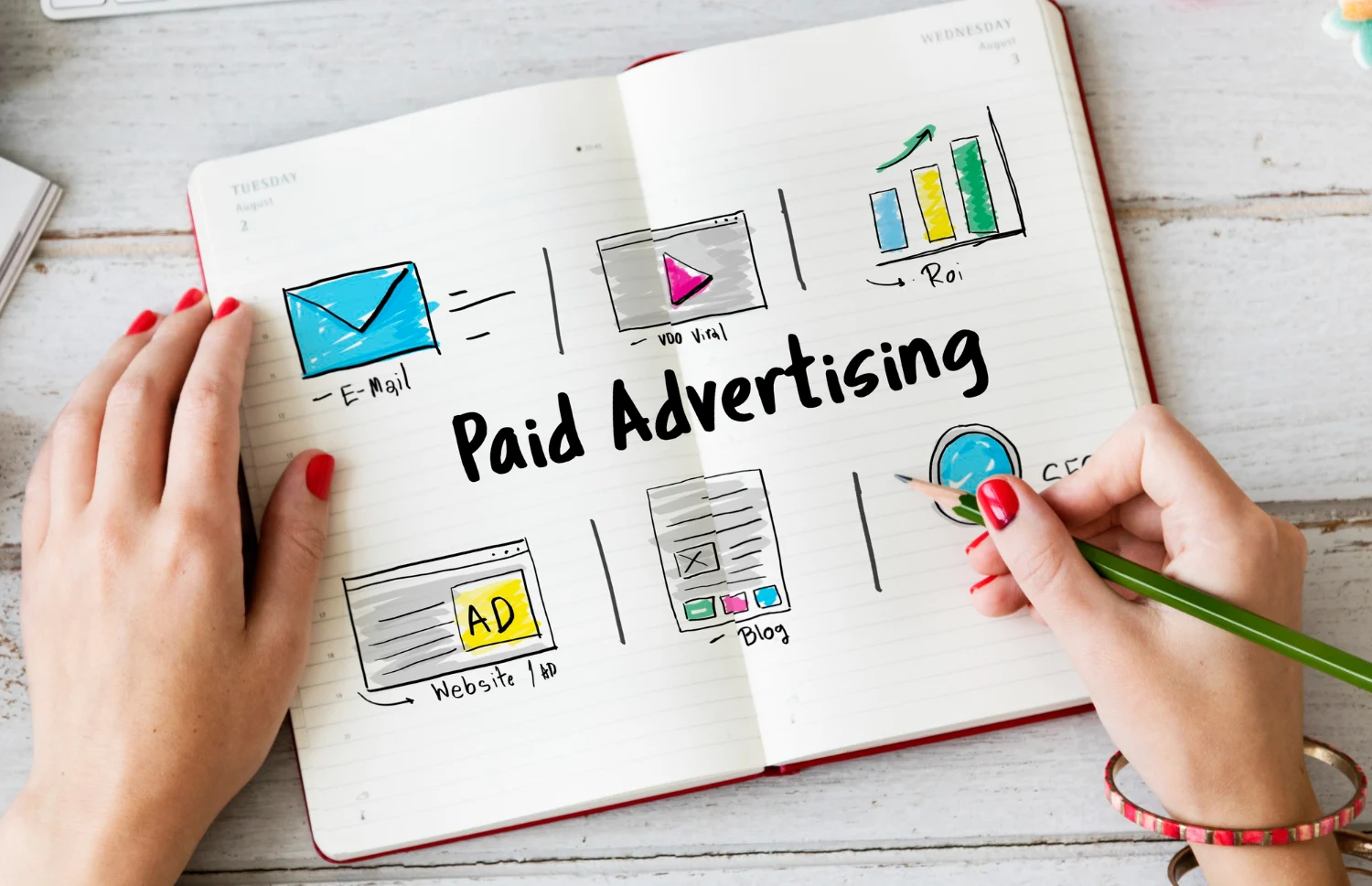
Optimizing PPC ads for success involves fine-tuning your language and messaging to speak directly to your ideal customer.
6. Use Ad Groups
Ad sets, also known as ad groups, are an essential component of PPC advertising. They comprise all advertisements in a campaign that are targeted at a specific set of keywords and have comparable goals. Ad groups can increase conversions by driving traffic to your website at a reduced cost when used properly.

To arrange your ads according to a common theme, you should use ad groups. Ad groups can be made, for example, according to your campaign’s audience, goal, or the goods and services you provide. Additionally, you can compare ad sets and determine which is performing better by using A/B testing.
Expert Tip:
I once split a client’s ads into two groups — one targeting broad search terms, the other targeting very specific product names. The second group brought in double the sales at half the cost. Without ad groups, we never would have spotted that.
7. Be Strategic with Budget
If PPC campaigns are not properly set up, they can become very costly. You can establish a maximum bid cap to reduce the possibility of squandering your funds.
To let Google know how much you’re willing to pay when someone clicks on your ad, you set this bid as the highest amount.

To keep your budget spending under control, you can employ a variety of different bidding techniques. Examine each bidding strategy’s benefits and drawbacks before deciding which is best for a given campaign.
Expert Tip:
I helped a local service business switch from automated bidding to manual bidding with a set cap. In one month, they cut their ad costs by 35% while getting more qualified leads. The right budget plan makes a huge difference.
Conclusion
Mastering PPC requires continuous learning, experimentation, and adaptation. And although everyone can do it, it takes a lot of expertise and experience to truly master PPC advertising.
That’s why a lot of businesses choose to outsource PPC management to experts who know the minute details of how to make campaigns a successful stream of revenue for a business.
DM us your website’s URL today and let us help you achieve success with expert PPC management for better ROI.
FAQs
1. What is PPC advertising and how does it work?
PPC (Pay-Per-Click) advertising is a model where businesses pay each time their ad is clicked. Ads appear on search engines, social media, or websites, driving traffic to your business.
2. How do I choose the right keywords for my PPC campaign?
Use keyword research tools to identify relevant, cost-effective keywords for your business. Focus on keywords with high search volume and low competition to maximize your PPC campaign’s performance.
3. What are the different types of keyword matches in PPC?
PPC offers broad match, phrase match, and exact match options. Broad match covers a wide range, phrase match offers flexibility, and exact match targets precise user searches for better relevance.
4. How can I write effective PPC ad copy?
Focus on clear, persuasive, and relevant language. Include your target keywords, a compelling offer, and a strong call-to-action (CTA) that directs users on what to do next.
5. What is the best way to manage my PPC campaign budget?
Set a maximum bid for clicks, monitor campaign performance, and adjust your strategy as needed. Experiment with bidding strategies to optimize your budget for maximum return on investment (ROI).

